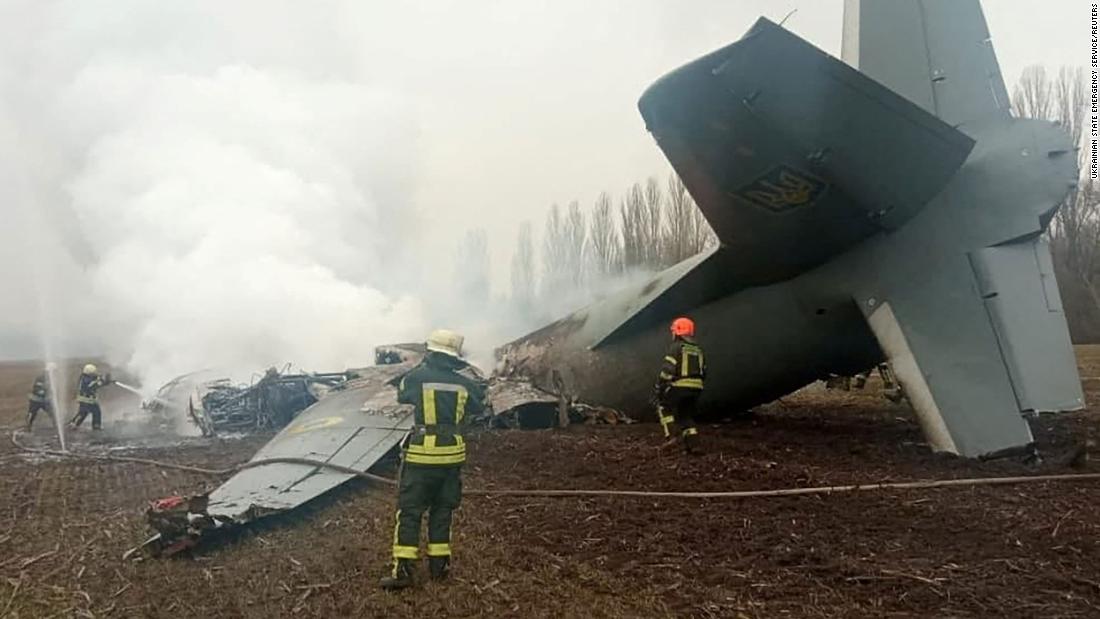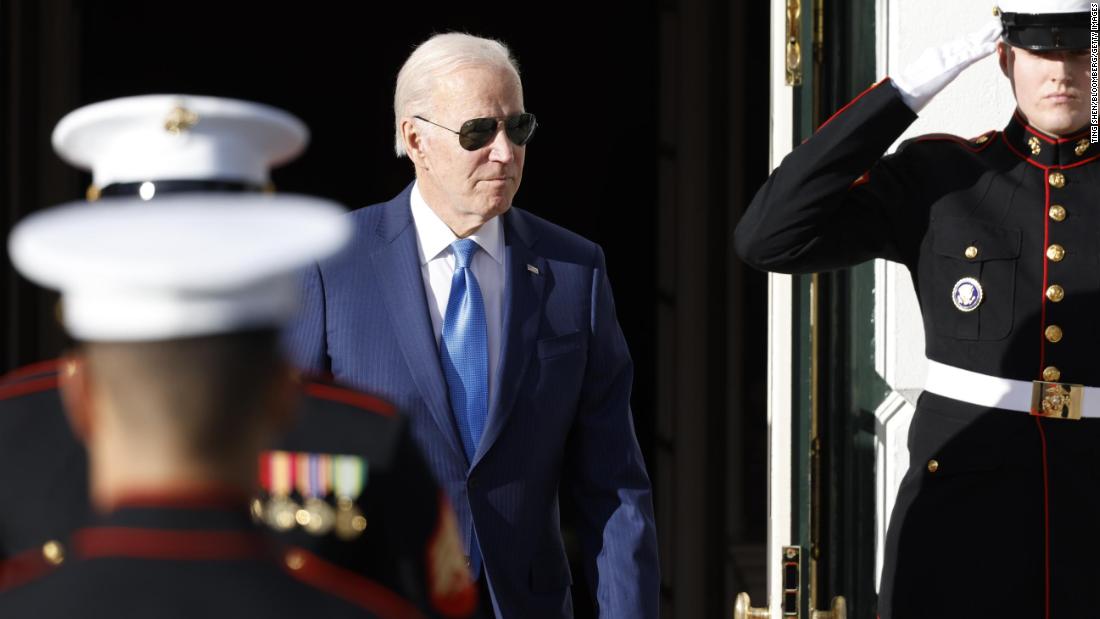Chicago Struggles With Rise in Juvenile Violence
The presiding judge of the Juvenile Justice Division said that it’s hard to disagree with those who feel juvenile offenders are given too many chances with leniency, even when considered a danger to the public.

A recent shooting of a 15-year-old boy in Chicago by a 16-year-old boy he had grown up with, and who had twice been arrested on gun charges last year but remained free on electronic monitoring, has once again confronted the city with kids killing kids and the problem of meting out justice to juveniles while keeping the streets safe, reports the Chicago Sun-Times. Michael Toomin, the presiding judge of the Juvenile Justice Division, said that a juvenile facing a second gun charge should be locked up and that it’s hard to disagree with those who feel juvenile offenders are given too many chances, even when considered a danger to the public.
Andrea Lubelfeld, who’s in charge of public defenders, said it’s not a matter of leniency but of finding better alternatives than jail for young teens, while State’s Attorney Kim Foxx adds that jail can make a juvenile more dangerous. When a child 17 or younger is arrested, they can be placed into a diversion program that keeps them out of court. Or they can be offered a “deferred prosecution agreement” that refers them to social services. Their cases are dismissed if they complete a mandated program. Last year, charges were filed against juveniles in about 50 percent of all cases brought by police, according to data provided by the state’s attorney’s office, up from 39 percent in 2020 and 34 percent in 2019. When looking at just serious crimes, the rates were even higher: 85 percent of felony charges sought against juveniles were approved, up from 64 percent in 2020 and 59 percent in 2019. Of all the juvenile cases presented to prosecutors last year, 10 percent were offered a diversion.

 Landwebs
Landwebs 






















